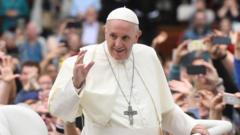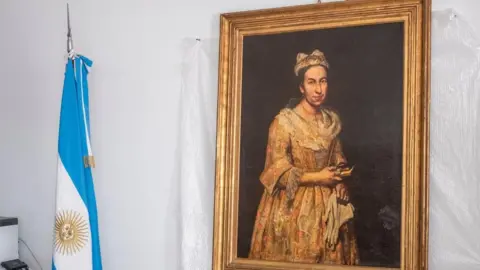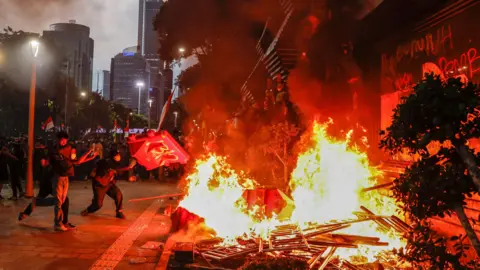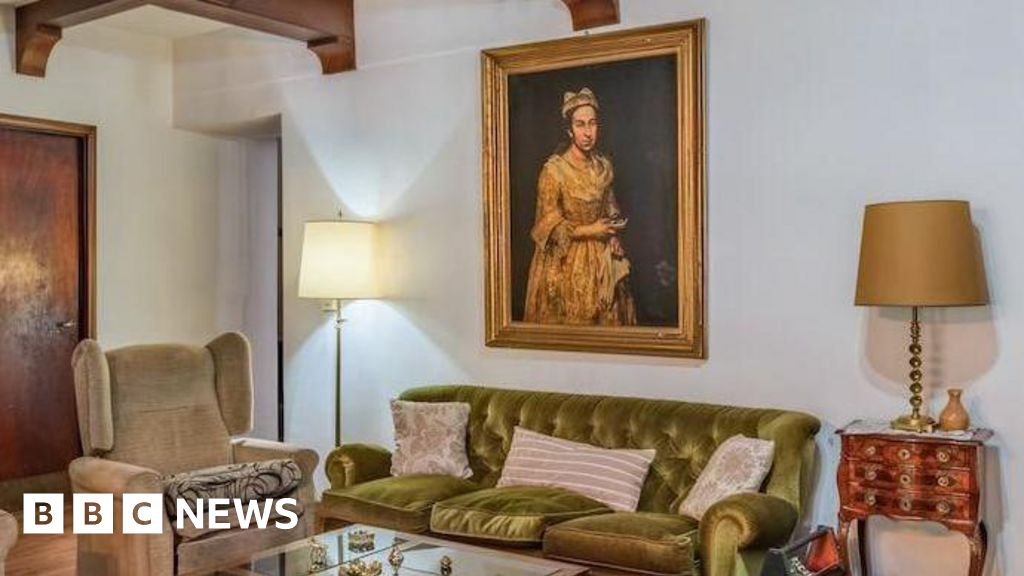The Vatican has announced the passing of Pope Francis, who died at the age of 88. Cardinal Kevin Farrell confirmed the news this morning at 07:35 local time (05:35 GMT), stating, "the Bishop of Rome, Francis, has returned to the home of the Father." This sad news follows his recent public appearance in St. Peter's Square, where he wished a joyful "Happy Easter" to thousands of worshippers.
Born Jorge Mario Bergoglio in Argentina, Pope Francis was discharged from the hospital just last month after receiving treatment for a severe infection that resulted in double pneumonia. Many global figures have paid tribute to his life and contributions. The acting head of the Church of England, Archbishop of York, praised him as a "holy man of God," while US Vice-President JD Vance expressed condolences to Christians around the world.
French President Emmanuel Macron remarked that Pope Francis was "always on the side of the most vulnerable," encapsulating the late pontiff's mission to uplift society's marginalized. In his final Easter message, delivered through a clergy member, he emphasized the necessity for freedom of religion and expression, condemning ongoing global conflicts.
As procedures commence for electing a new pope, the governing authority of the Catholic Church will be managed by the College of Cardinals, with 138 of the 252 cardinals eligible to vote. The conclave will convene at the Vatican to select Pope Francis's successor.
Pope Francis faced numerous health challenges, including a hospitalization last month that featured critical episodes where his life was in jeopardy. He previously had a lung removed at age 21, making him more susceptible to health complications. His papacy was marked by unprecedented history, being the first non-European pope in centuries and the first Jesuit elected to lead the Church. Despite the risks of reform, he remained favored by traditionalists, emphasizing his unique approach to modernizing the Catholic Church while adhering to its core principles.




















